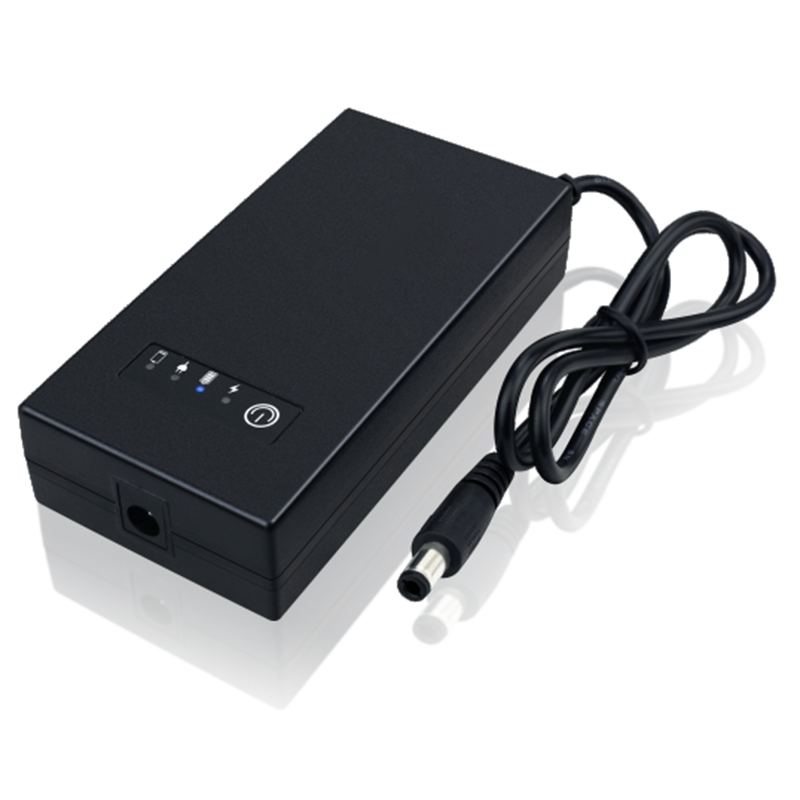How Long Do Uninterruptible Power Supplies Last?
Uninterruptible Power Supplies (UPS) play a critical role in safeguarding sensitive electronic equipment from power disruptions. From data centers to healthcare facilities, UPS systems ensure continuous power delivery, preventing data loss, equipment damage, and operational downtime. However, how long do uninterruptible power supplies last? This question is pivotal for businesses and individuals relying on these devices to maintain uninterrupted operations.

Factors Influencing UPS Lifespan
Several factors contribute to the longevity of UPS systems, including:
Quality of Components
The quality of components used in manufacturing directly impacts the lifespan of a UPS. High-quality components withstand operational stress better, resulting in a longer lifespan for the device.
Environmental Conditions
Environmental factors such as temperature, humidity, and airflow significantly affect UPS performance and longevity. Proper ventilation and climate control help mitigate these effects, extending the lifespan of the UPS.
Load Capacity
Operating a UPS at or near its maximum load capacity can accelerate wear and tear on components, reducing its lifespan. Properly sizing the UPS to accommodate current and future loads is crucial for maximizing longevity.
Maintenance Practices
Regular maintenance, including battery replacements, firmware updates, and system checks, is essential for preserving UPS functionality and extending its lifespan. Neglecting maintenance can lead to premature failure and costly downtime.
emergency battery and dimmer in parallel
5 Must-Have Features in a camel china
Extending UPS Lifespan: Best Practices
Camel Power Trading Sdn Bhd: Car Battery | Car Battery ...
What is the 40 80 rule for lithium-ion batteries?
The Ultimate Guide to Choosing Abb Industrial Drives
Discover the Best OHIO Diamond Stylus Options
Unlocking Sound Quality: The Truth About Ohio Diamond Stylus
To maximize the lifespan of uninterruptible power supplies, consider the following best practices:
1. Invest in High-Quality UPS Systems
Choose UPS systems from reputable manufacturers known for their quality and reliability. While upfront costs may be higher, investing in premium UPS equipment pays off in terms of longevity and performance.
2. Optimize Environmental Conditions
Ensure that UPS systems are installed in environments with stable temperatures, adequate ventilation, and proper humidity levels. Avoid placing UPS units in areas prone to dust, moisture, or extreme temperatures.
3. Right-Size UPS Capacity
Select UPS systems with sufficient capacity to handle current and future power loads with room for expansion. Oversized UPS units may operate less efficiently, while undersized units risk overload and premature failure.
4. Implement Regular Maintenance
Establish a proactive maintenance schedule for UPS Batteries, including battery inspections, load testing, and firmware updates. Follow manufacturer recommendations for maintenance intervals and procedures to optimize system performance and longevity.
5. Monitor Performance Continuously
Utilize monitoring software or integrated management systems to track UPS performance metrics in real-time. Monitor battery health, system status, and environmental conditions to identify potential issues before they escalate.
Conclusion
In conclusion, the lifespan of uninterruptible power supplies depends on various factors, including component quality, environmental conditions, load capacity, and maintenance practices. By investing in high-quality equipment, optimizing environmental conditions, right-sizing capacity, implementing regular maintenance, and monitoring performance, businesses and individuals can maximize the lifespan of their UPS systems and ensure uninterrupted power protection.
Additional reading:The Advantages of Employing Diamond Cylinder Polish Tools
10 Facts You Must Understand about Diamond Cylinder Polish Tools
Unlocking Precision: Single Crystal Diamond Turning Tools
How to Choose Single Crystal Diamond Turning Tools?
How Does a Vintage Camera Capture Memories?
How Does a 4K Diamond Stylus Improve Sound?
How Does the Latest Smartphone Technology Work?
Previous: emergency battery and dimmer in parallel
Next: Applications of Ni-Cd Batteries: Versatility in Powering Various Devices
Related Articles
If you are interested in sending in a Guest Blogger Submission,welcome to write for us!












Comments
0